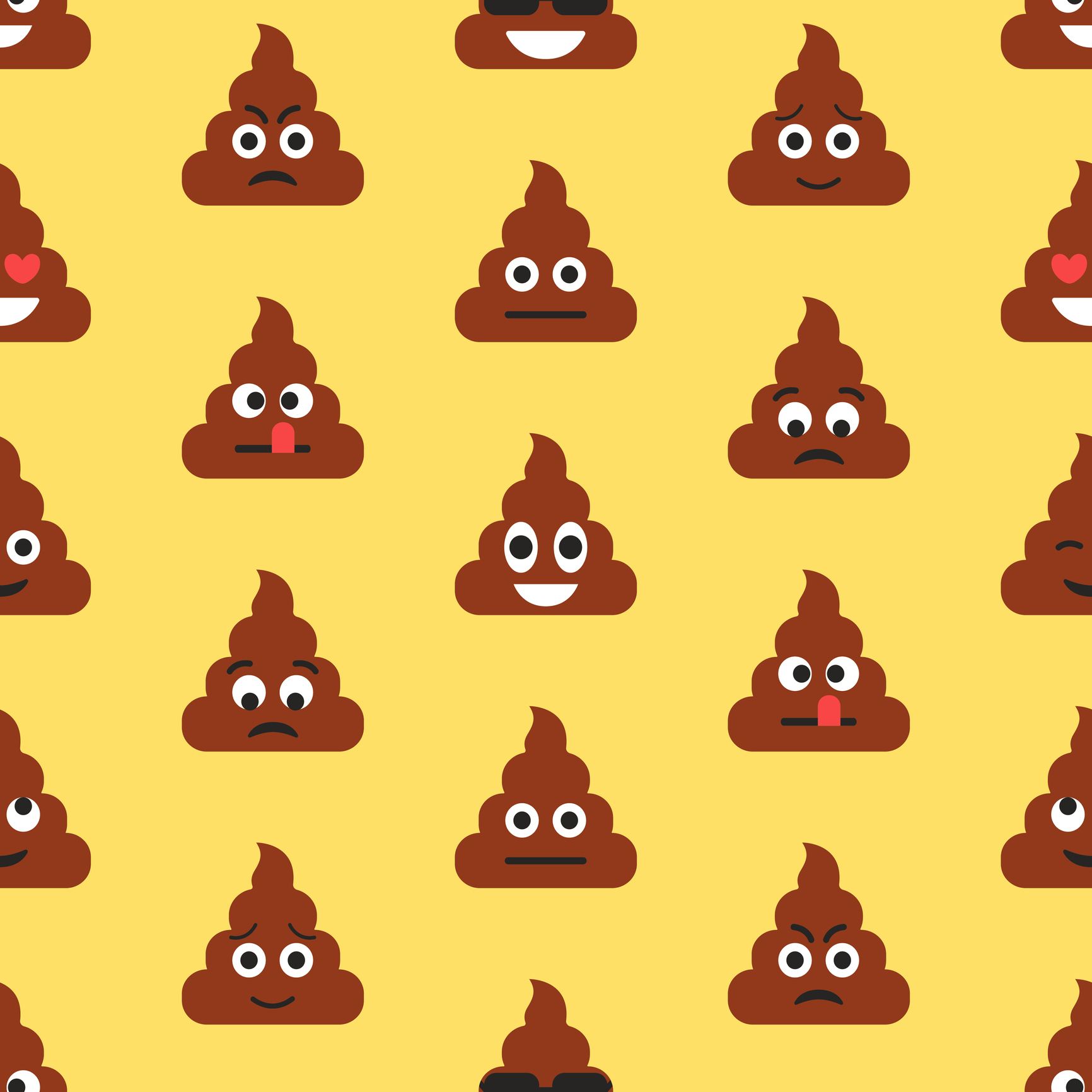

Keep as active as possible – even gentle movement can help to keep your bowels moving.Eat foods containing fibre, such as high fibre breakfast cereals, wholemeal bread, fruit and vegetables, and beans and pulses.Drink plenty of fluid including water and fruit juices.There are a number of things you can do yourself to try to avoid or relieve constipation:


Your illness – in many cases, constipation can be a direct effect of your illness.Feeling weak or tired − this can make it hard to get to the toilet and you may need to ask for help.Being less active than before – exercise stimulates the bowel and can make you go to the toilet more often.Not drinking enough fluids − being dehydrated can make the stool harder and difficult to pass.Changes in diet − if you have a small appetite, eating less often will mean you open your bowels less often.Medications − constipation is a side effect of several medications, including opioids which are commonly used to treat pain.Constipation can happen for several reasons: What causes constipation?Ĭonstipation can affect anyone but it is a common problem for people living with a terminal illness. Constipation can include having bowel movements less often than you normally do, your stools being hard or having difficulty opening your bowels. It might be normal for one person to go as often as three times per day, while it might be normal for someone else to go three times per week.


 0 kommentar(er)
0 kommentar(er)
